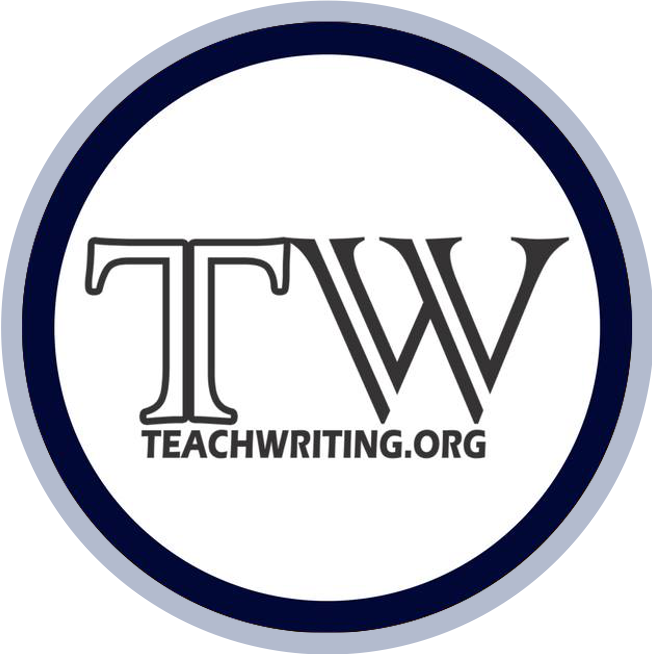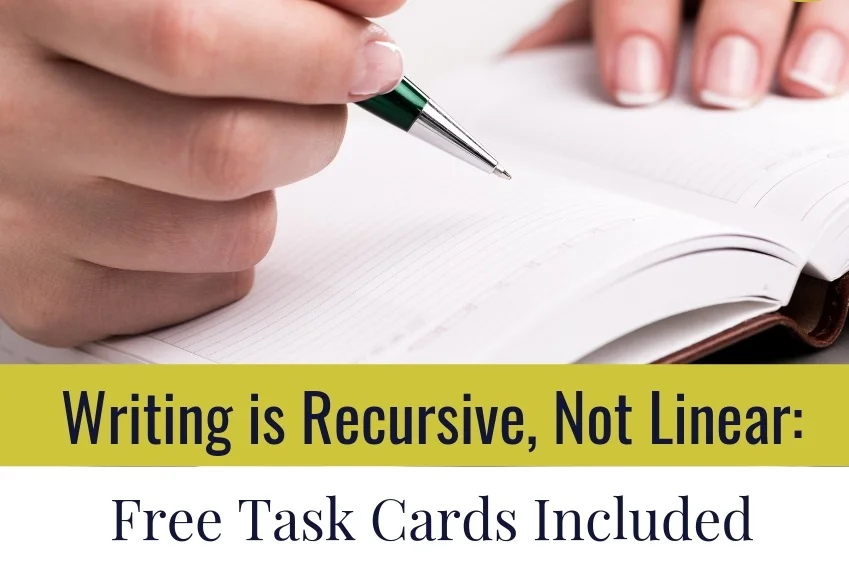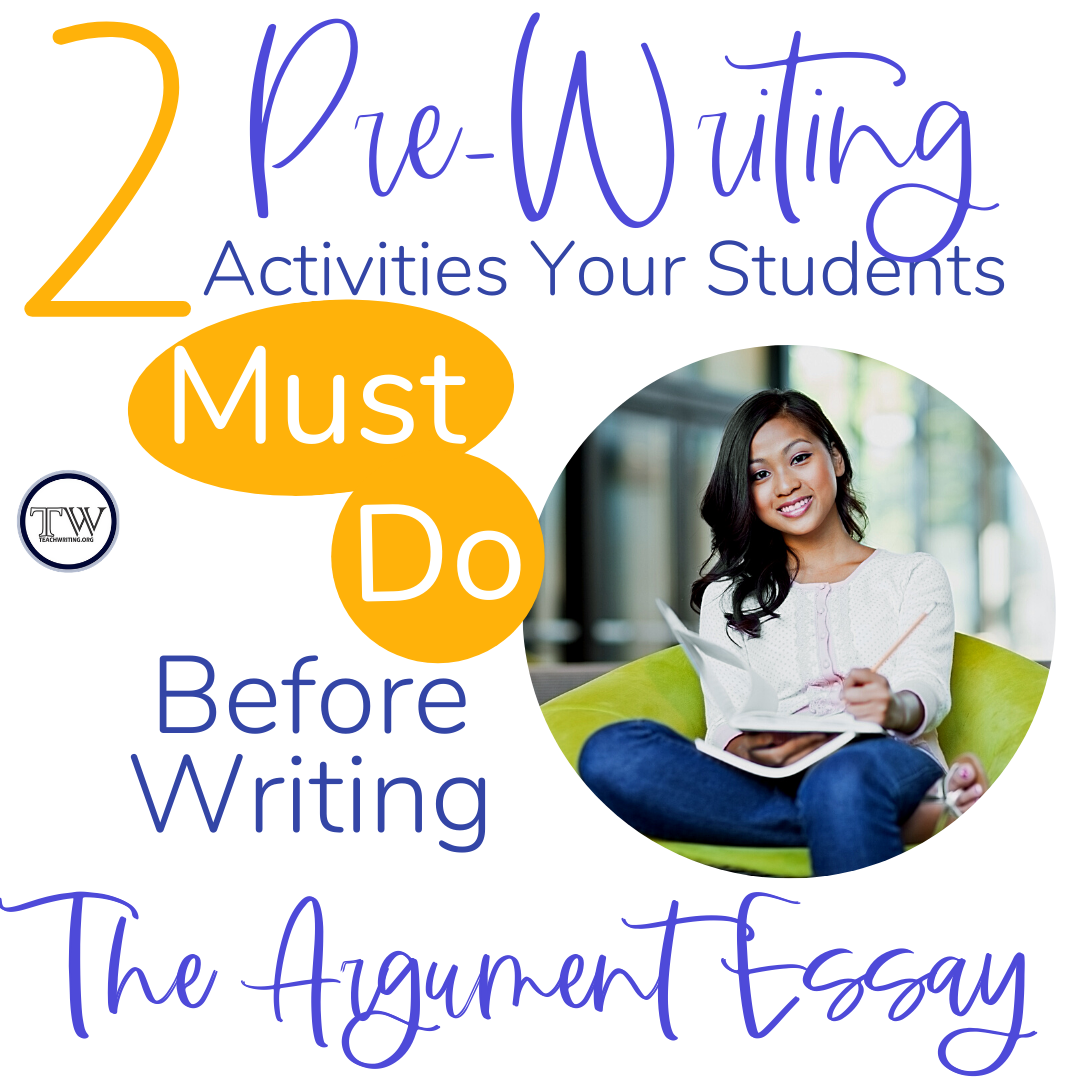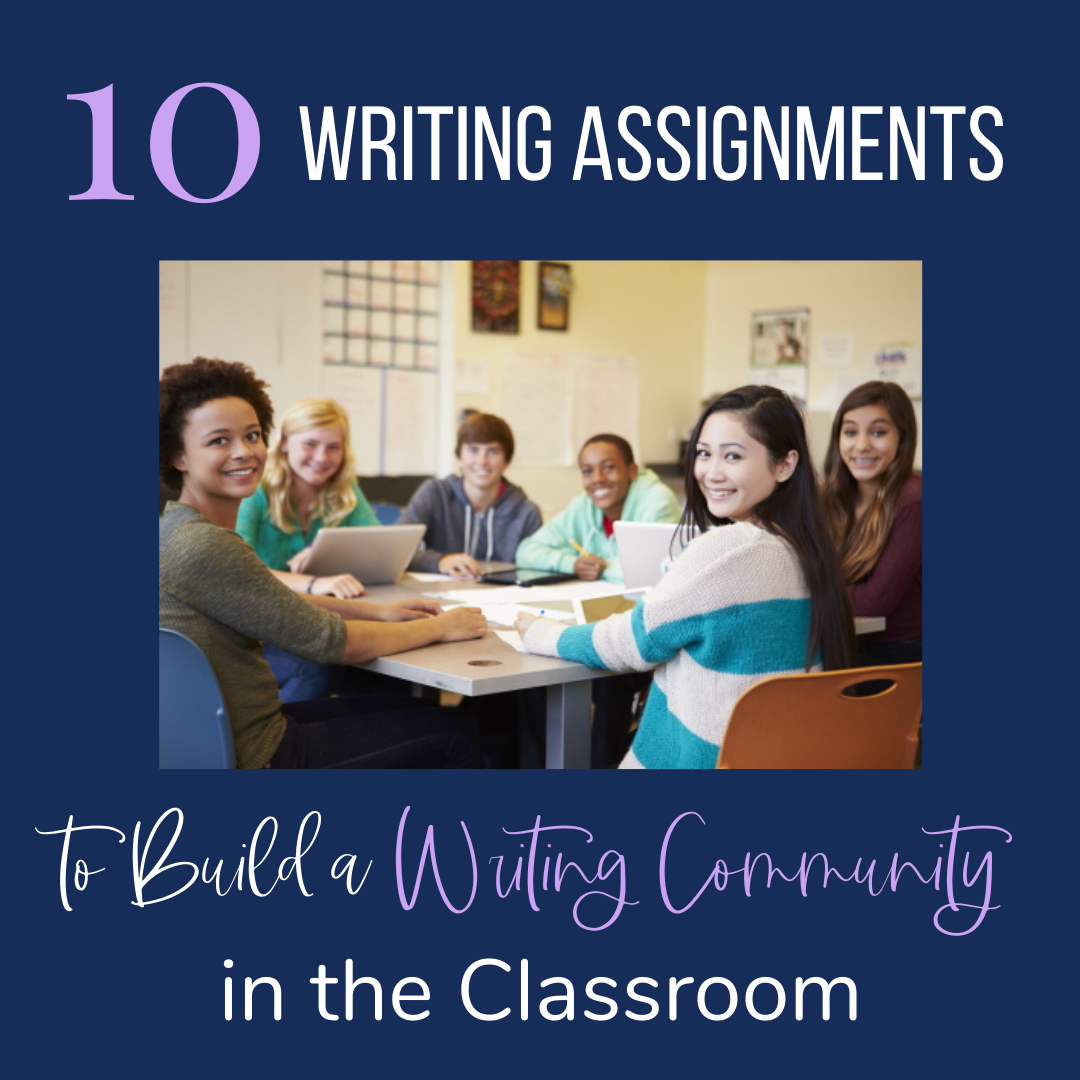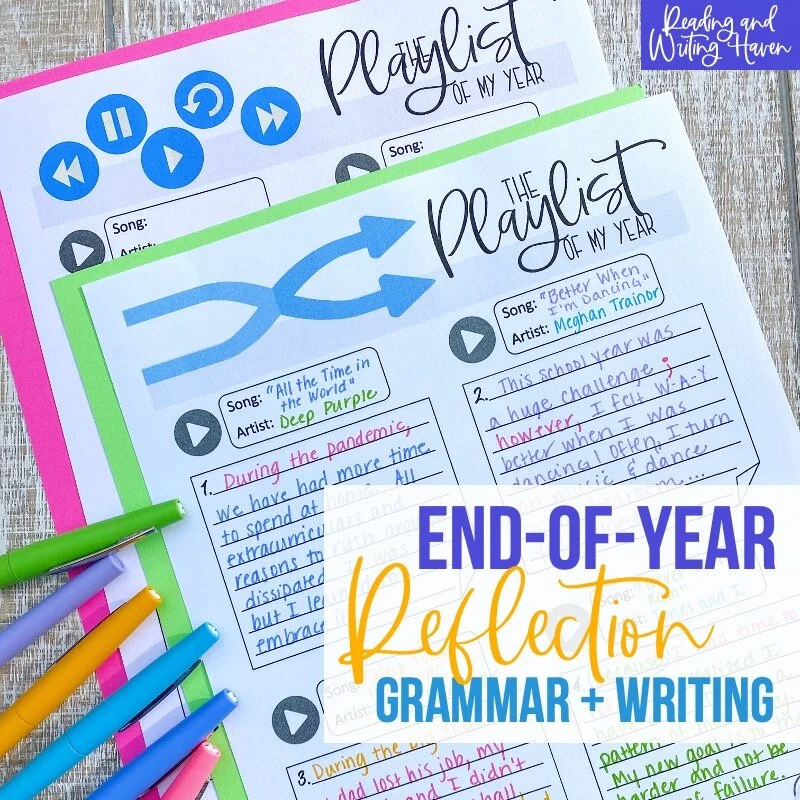Not only is Secondary Sara an experienced middle school ELA teacher at a private school in Ohio, she is also a high school tutor (she started her own successful tutoring business), a coach of a creative writing team, and a teacher author and blogger. Here, she shares her top tips for motivating middle school writers.
Read MoreWe all want our writers to be readers. Reading and writing go hand in hand. But how to hook our students on books? For some, reading is a chore, or something they manage to avoid with a little help from their friends.
Enter, Brynn Allison.
Read MoreWriting goes all ways: forwards, backwards, sideways, over there, and over here. In fact, the only piece of the writing process that occurs at a set point in time is publishing.
Read MoreTeachWriting.org has announced a new writing workshop endeavor for the 2017-2018 school year. This year, the collaborators at TeachWriting are creating DAILY WRITING PROMPTS via their Facebook Page for English teachers in grades 6-12.
Read MoreEvery writer begins a new writing piece differently. Some dive in and just start writing, others need to talk with someone first, others start with an enticing title and still others need to do some pre-writing.
No matter which method students preferred, they benefit from experiencing a variety of strategies for generating ideas. There are more ways to generate ideas for writing than bubbles and graphic organizers. This article discusses two methods for idea generation that often get overlooked: listing and conversations.
Read MoreI love allowing students to choose their own issue for this argument essay, but that can be difficult for students who do not immediately know their topic or issue. I have found two techniques that really get students thinking about the issues that may resonate with them prior to their research and drafting stages of writing.
1. The Chart Paper Brainstorm and Gallery Walk
2. The Cube of Perspective
Read MoreCreative writing is the art of constructing original ideas by synthesizing literary elements and techniques to communicate an overarching theme about life. Oftentimes in our English classes, we spend more time on the deconstruction process, analyzing works of art by taking them apart.
Read MoreWhen planning for the beginning of the year, teachers need to choose writing assignments that allow for collection of pre-assessment data while also engaging students and building a positive writing community.
Read MoreThe beginning of the school year is an important time to assess the writing skill levels of new students in our English classes. One way to do this is to assign a diagnostic essay in order to "diagnose" each student's writing level...
Read MoreEvery teacher on the planet knows that the first weeks of school are all about routines, routines, routines and more routines. There are the super obvious routines to discuss like what to do when you have to go to the bathroom or get water, what to do when you want to speak, how to turn work in and the list goes on and on and on. There are so many routines in our classrooms that some very important ones go overlooked.
Read MoreAngela Stockman's book, Make Writing: 5 Teaching Strategies That Turn Writer's Workshop Into a Maker Space, is absolutely unique. In more than ten years in education, I have never read or heard of this idea before. Stockman proposes we let students "make" their ideas before they write them, combining their physical and mental creativity.
Read MoreTeaching and assessing writing can be challenging, and even more so when you're trying to identify effective ways to scaffold writing instruction for struggling students. Set teenagers up for success by incorporating these teacher-tested, student-approved strategies.
Read MoreSecondary ELA teachers can engage students in meaningful, purposeful writing activities at the end of the school year without burying themselves in grading and their students in hours of work -- it's true. Read on to be inspired.
Read MorePicture-inspired poetry writing ideas for middle and high school ELA
Read More"To be a poet is a condition, not a profession." -- Robert Frost
You may find yourself in agreement with Frost's famous quote when it comes to teaching poetry in the secondary classroom. However, love it or hate it, poetry can play a helpful role in teaching students how to write! Famous poems can serve as mentor texts for students and showcase key literary and rhetorical devices in action.
Read More